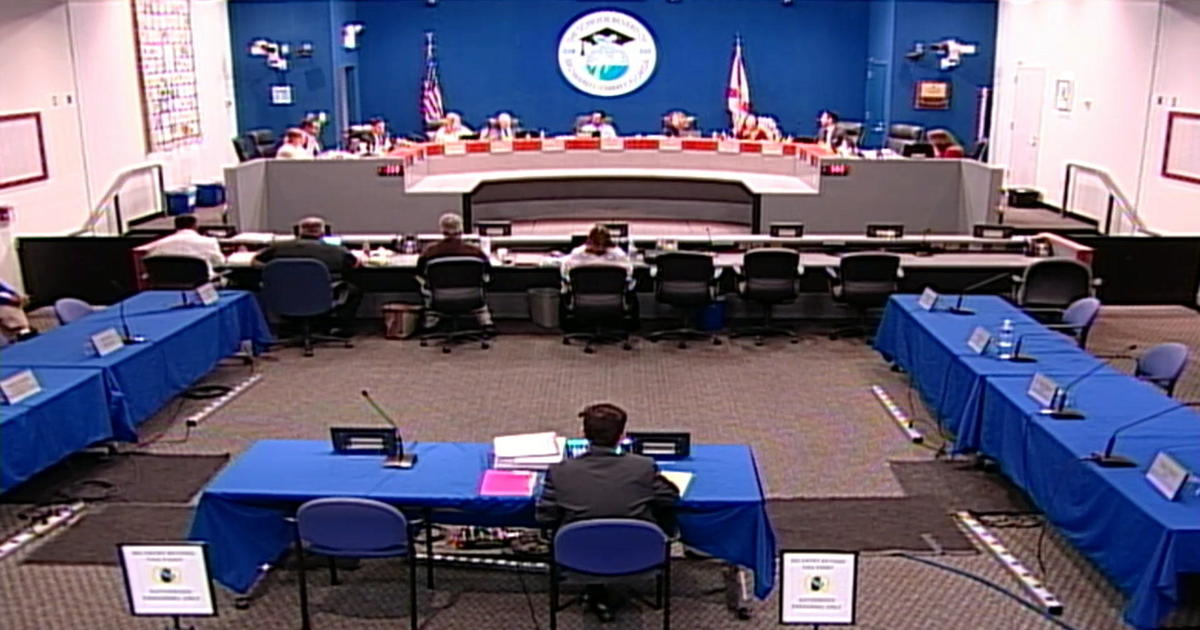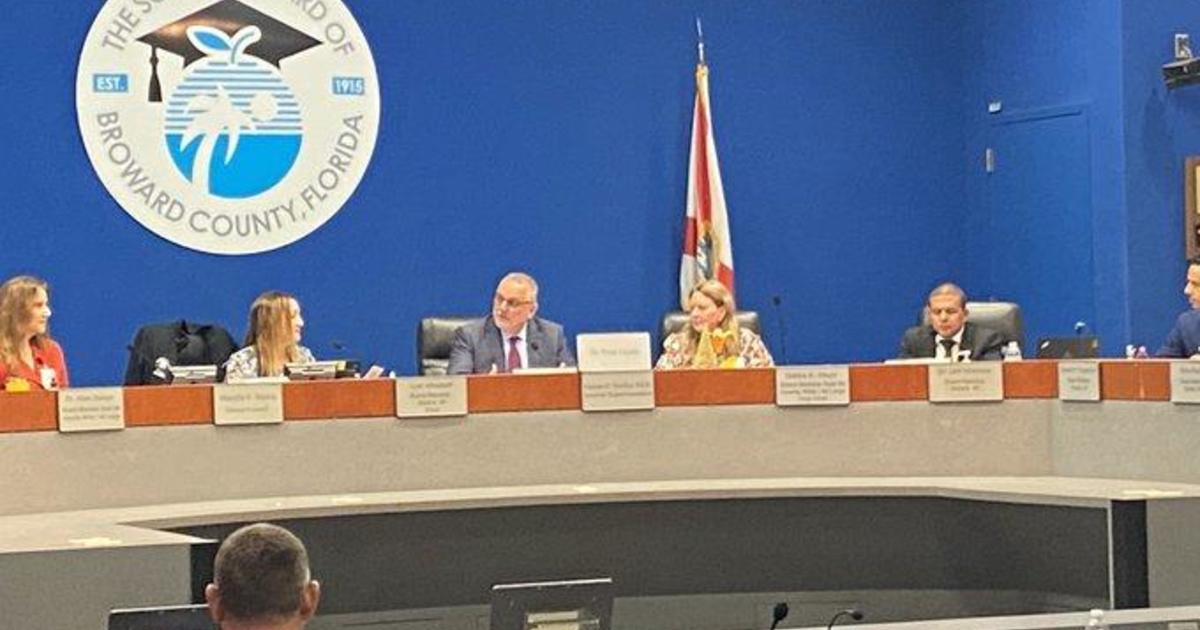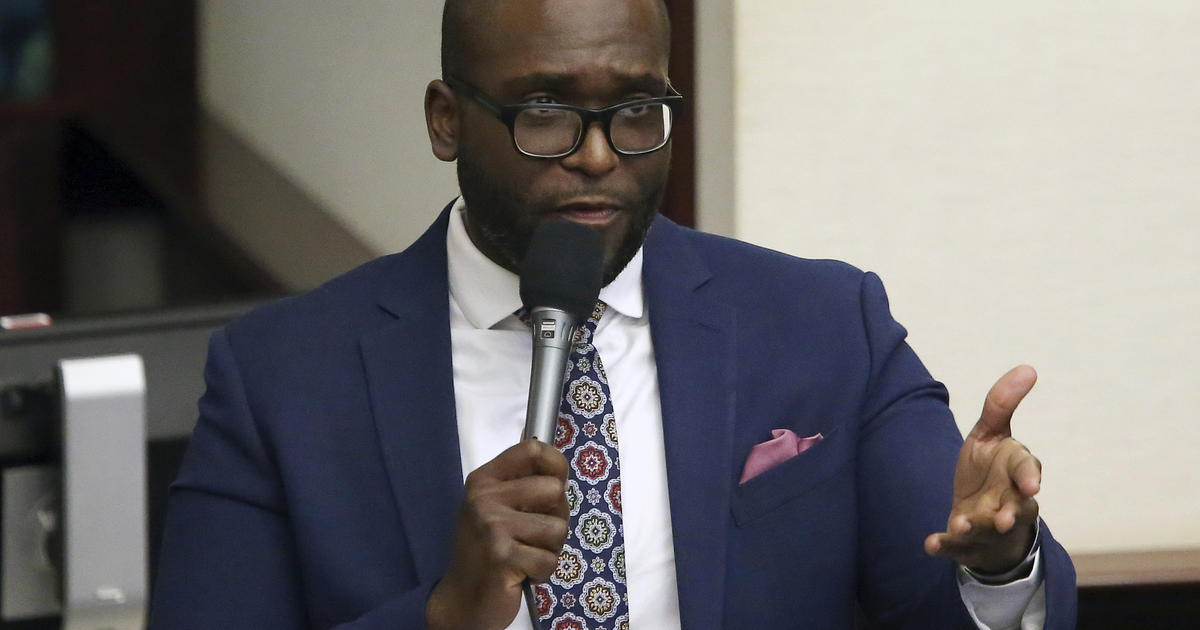Lawmakers Strike Deal On Economic Development
Follow CBSMIAMI.COM: Facebook | Twitter
TALLAHASSEE (NSF) – Negotiators from the House and Senate slashed almost $60 million in economic development spending Saturday as the Legislature drew closer to an elusive final deal on a state budget for the year that begins July 1.
Meeting over the weekend to hammer out the final details of a budget expected to weigh in at well more than $76 billion but south of $80 billion, House Appropriations Chairman Richard Corcoran and Senate Appropriations Chairman Tom Lee reached agreement on state spending for transportation and economic development.
Lawmakers are racing to get a deal done by the scheduled June 20 end of the special budget session, which was called after they failed to agree to a spending plan during their annual spring meetings. The state must have a budget in place by June 30 to avoid a government shutdown.
The economic development portion of the budget is often laden with local projects, usually promoted by lawmakers, and other items closely watched by businesses, lobbyists and Gov. Rick Scott, who won office in 2010 promising to boost the state's economy. But like other areas of the emerging spending plan, it was constrained by the need to pump $400 million of state money into hospital funding to make up for falling health-care spending on a key federal program.
As a result, dozens of projects and some larger items were trimmed or eliminated entirely. Almost 60 spending initiatives were reduced on Saturday alone, cutting nearly $58.3 million from House or Senate proposals that were still alive heading into the weekend.
"We started out with a lot of projects in the budget...I think what we've come to is kind of a middle ground on projects," said Lee, R-Brandon.
The largest target was a Senate proposal to set aside $10 million in incentives for the entertainment industry. That program was eliminated entirely in Saturday's agreement. Corcoran, R-Land O' Lakes, suggested the proposal for an "entertainment action fund" should be considered in a regular session.
"I think there are members on both sides who believe that those (incentives) are helpful, and there are members on both sides who believe that that doesn't do anything," Corcoran told reporters after a morning meeting with Lee. "And so I think those types of issues are better having committees and having as much input as possible and letting those percolate through the process and not so much in just a budget session."
Despite the belt-tightening, some new projects did slip into the plan at the last minute, including $2 million for the Dr. Phillips Center for the Performing Arts in Orlando. That proposal emerged Saturday morning, when the Senate made an offer on the economic development budget that the House accepted.
Lee did not directly answer a question about whether Senate President Andy Gardiner, R-Orlando, had pushed for the funds.
"We added that late in the process, and I'm not really going to talk a lot in detail about who was adding what, where and when, but it did come up late in the process," Lee said.
Lawmakers are still working to reach final agreements on the environmental and education budgets. They hope to complete their work by Tuesday, which would clear the way for the required 72-hour "cooling off" period to begin early enough for a Friday vote.
The News Service Of Florida's Brandon Larrabee contributed to this report.



